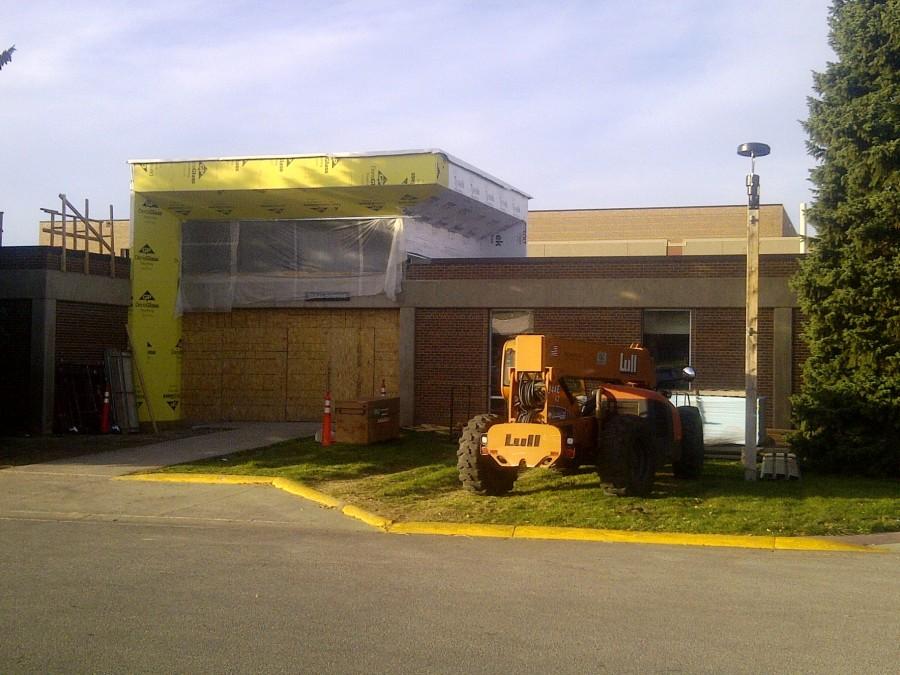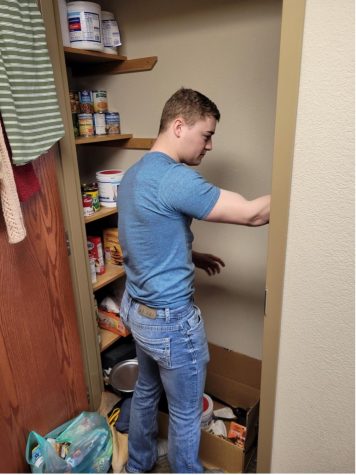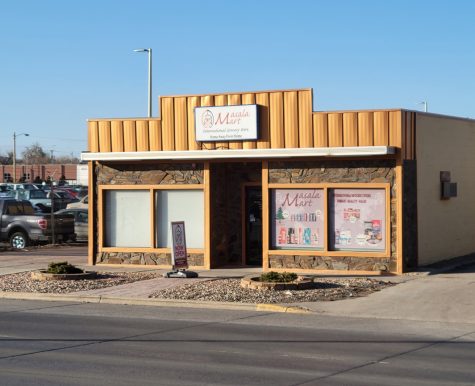BHSU Receives Grant from National Science Foundation
BHSU gets $600,000 NSF grant
Black Hills State University received a $600,000 grant from the National Science Foundation. University officials say the money will be used to enhance campus science lab capabilities and increase involvement between the college and scientists at the Sanford Underground Research Facility in Lead.
BHSU Assistant Research Professor Dr. Briana Mount said the grant money will go towards staffing the new ICP-MS lab, creating a sample-prep area, and purchasing sophisticated lab equipment like an ICP-MS.
An ICP-MS is an inductively coupled plasma mass spectrometer that can detect minute traces of radioactive contaminants like uranium and thorium in the materials used to build large science experiments at underground research facilities like the one in Lead and across the globe.
Mount said the new science lab enhancements will complement the existing cleanroom on campus as well as BHSU’s new underground campus that will be located on the 4850 level of the Sanford Lab. She said the grant will also help further engage students by giving them hands-on experience in a research lab setting.
Mount said the new lab is not only good for the university, she said it can also benefit other South Dakotans like chemists, geologists, and paleontologists.
The new ICP-MS lab is scheduled to open next summer and will be located in the newly-renovated Jonas Science Hall.
Black Hills State University received a $600,000 grant from the National Science Foundation. University officials say the money will be used to enhance campus science lab capabilities and increase involvement between the college and scientists at the Sanford Underground Research Facility in Lead.
BHSU Assistant Research Professor Dr. Briana Mount said the grant money will go towards staffing the new ICP-MS lab, creating a sample-prep area, and purchasing sophisticated lab equipment like an ICP-MS.
An ICP-MS is an inductively coupled plasma mass spectrometer that can detect minute traces of radioactive contaminants like uranium and thorium in the materials used to build large science experiments at underground research facilities like the one in Lead and across the globe.
Mount said the new science lab enhancements will complement the existing cleanroom on campus as well as BHSU’s new underground campus that will be located on the 4850 level of the Sanford Lab. She said the grant will also help further engage students by giving them hands-on experience in a research lab setting.
Mount said the new lab is not only good for the university, she said it can also benefit other South Dakotans like chemists, geologists, and paleontologists.
The new ICP-MS lab is scheduled to open next summer and will be located in the newly-renovated Jonas Science Hall.

















